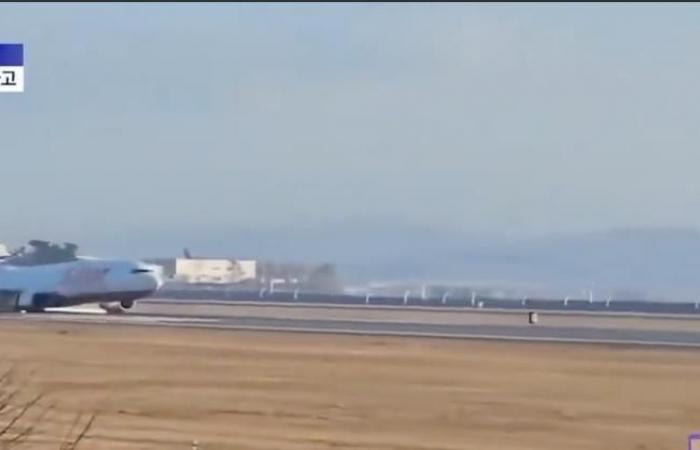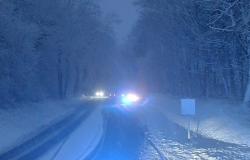The devastating crash of a Jeju Air Boeing 737-800 in Muan, South Korea, killed 179 of the 181 people on board. As investigations continue, aviation safety experts point out serious and avoidable errors that could have saved many lives.
A preventable tragedy according to experts
On December 30, the flight from Bangkok skidded off the end of the runway at Muan airport, hitting a concrete wall before catching fire. According to David Learmount, an aviation safety expert, the presence of this wall at the end of the runway constitutes a “quasi-criminal error”.
“Without this wall, the plane would likely have slid into a nearby field, avoiding such a tragedy, » he declared.
He adds that this collision was the “defining moment” of the tragedy, stressing that the passengers could have survived the incident if the wall had not been there.
Initial reports indicate that the accident was triggered by a hydraulic problempotentially caused by a collision with birds. This problem would have prevented the deployment of the landing gear and flaps, crucial elements in slowing the plane upon landing.
However, some experts remain skeptical. Aviation safety specialist Geoffrey Dell said:
“A bird strike has never prevented landing gear deployment in my observations. »
Furthermore, questions are asked about the management of the emergency by the pilots. The flight attempted a first unsuccessful landing before making a second attempt at high speed. Despite the possibility of manually deploying the landing equipment, this was not done. Additionally, the thrust reversers, used to slow the plane, were only activated on one engine.
Crisis management criticized
The lack of preparation of ground teams also raises questions. Geoffrey Thomas, editor of Airline Newscriticized the absence of firefighters on the runway at the time of landing. He also questions why the plane landed so far down the runway, thus increasing the risk of an accident.
For their part, South Korean authorities have defended the airport’s development, saying the runway meets international standards with safety zones before the wall. However, these explanations do not ease the pain of the bereaved families.
The accident sparked a period of national mourning in South Korea, declared by interim President Choi Sang-mok. The victims’ families, devastated, are demanding explanations.
Jeon Je-youngfather of one of the victims, expressed his incomprehension regarding the pilots’ choices:
“Why didn’t they try to land in a nearby field or water, rather than on this hard runway? »
Jeju Air CEO Kim E-bae publicly apologized, while maintaining that no mechanical problems were detected during regular checks of the aircraft. The results of the investigation, carried out by the South Korean authorities with the support of the National Transportation Safety Board American, are expected in the coming months.
Air accidents are often the result of a combination of factors. In this case, technical errors, operational choices and ground arrangements seem to have played a key role. As families search for answers and experts call for reforms, this tragedy serves as a reminder of the importance of constant vigilance when it comes to aviation safety
Photo credit: DR (illustrative photo)
[cc] Breizh-info.com, 2024, dispatches free to copy and distribute subject to mention and link to the original source






